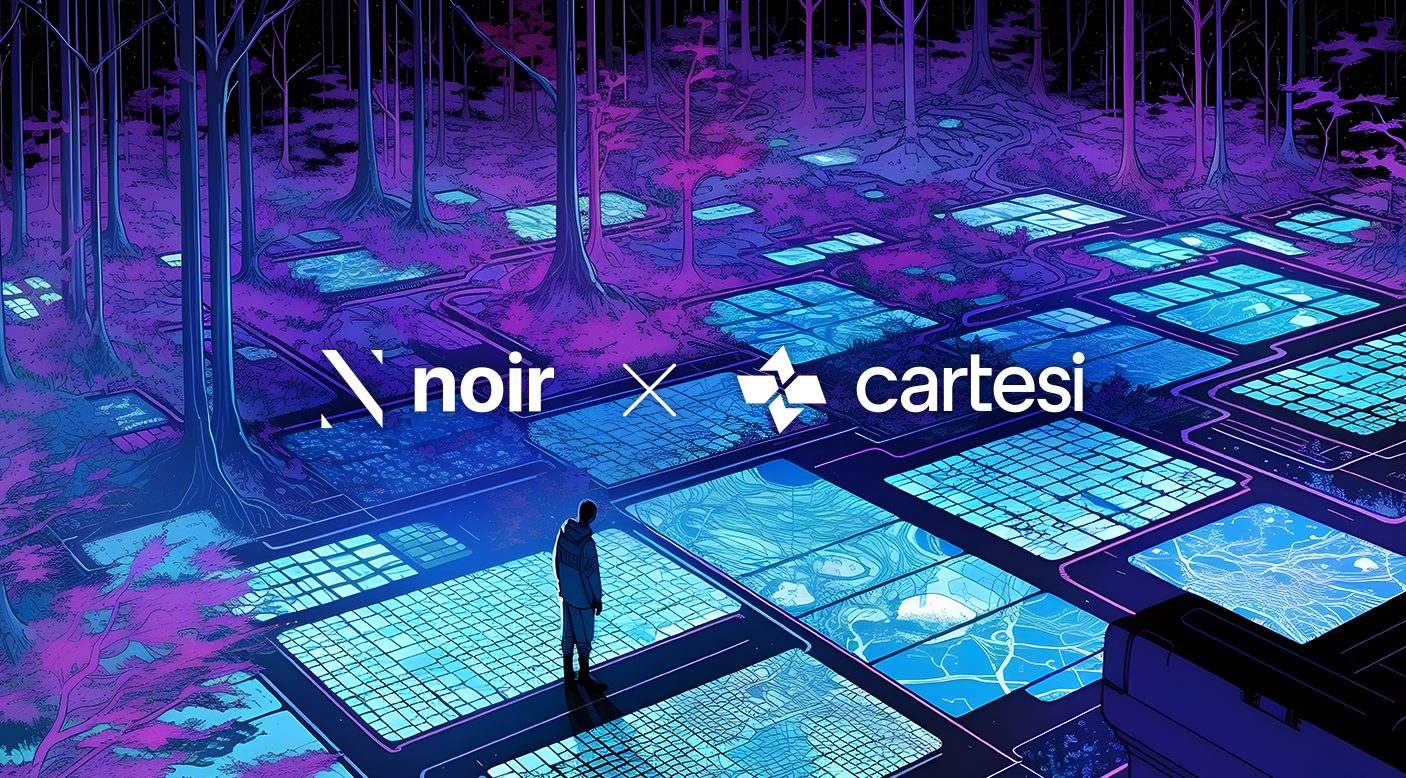Despite their many critics, companies are finding new ways to use non-fungible tokens (NFTs) to provide real-world utility, including as membership passes for restaurants, clubs, and sporting events. The new and novel uses for the tokens represent a push for NFTs to become mainstream and provide tangible value to holders, potentially replacing their counterparts—the membership passes of old.
The World’s First NFT Restaurant
Flyfish Club, a private restaurant in New York City, is only open to holders of its NFT. Created by Gary Vaynerchuck and his business group VCR, holders of the Flyfish Club NFT gain access to a private dining room featuring omakase, a cocktail lounge and a terrace.
The token-gated start-up also offers pop-ups and meet-ups (both physical and virtual). With two kinds of token—one granting additional access to the omakase bar—the non-fungible memberships are pretty pricey. With all sold out, you’ll have to get them on the secondary market OpenSea, with a current floor price of 3.7 ETH for the basic pass (currently $4779).
For the omakase access, you’ll have to pay at least 8 ETH right now - that’s currently over $10,000. And for that price, you’d expect the dining itself to be included—but that’s not the case, as you’ll have to pay extra on arrival to cover the costs of food and drink.
From Flying Fish to Dancing Seahorses
Other companies, including Front of House, are using NFTs to sell better booking options to holders, along with other exclusive experiences. This allows foodies to get access to exclusive restaurants that would otherwise require a long waiting time—for example, booking ahead by 24 hours instead of waiting weeks or even months. Other perks include members-only social events, menu preview tasting sessions and merchandise. Front of House brings web3 and foodie culture together, bringing both further forward into the mainstream.
But it isn’t just the food fandom making use of non-fungibles to bring new experiences to fans and revenue streams to businesses. Clubs and nightlife venues, like The Dancing Seahorse, have spoiled holders of their NFT collection through live performances at their own nightclub, as well as VIP access to global events featuring superstars like Post Malone and more.
These utility NFTs could supersede paper tickets—and even the more recent QR codes. It’s hoped that these new membership passes in non-fungible form will give fans new experiences, as well as networking opportunities for those into web3.
Beyond the fan benefits, there’s also a good chance that NFTs as a new revenue model could offer sustainability to smaller businesses. Ticketing app Groovoo even cites NFTs as a potential counter to ticket fraud and theft, since the tech allows for true digital ownership, verifiable on the blockchain.
Fad or not—NFTs are becoming more and more integrated into differing industries, bringing the digital and physical worlds closer together.










